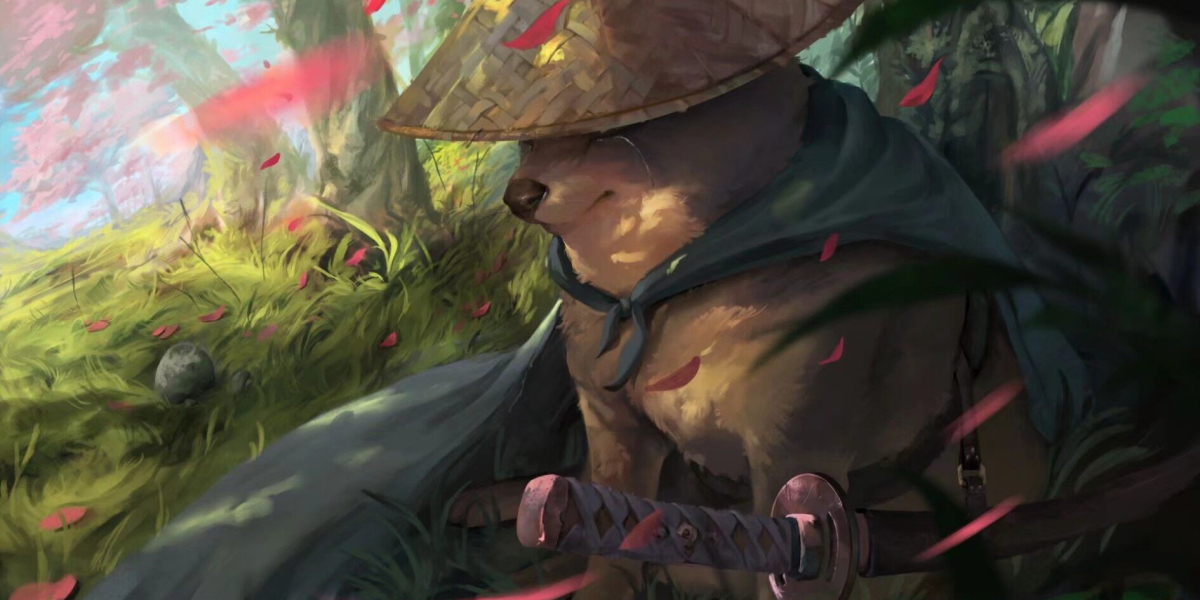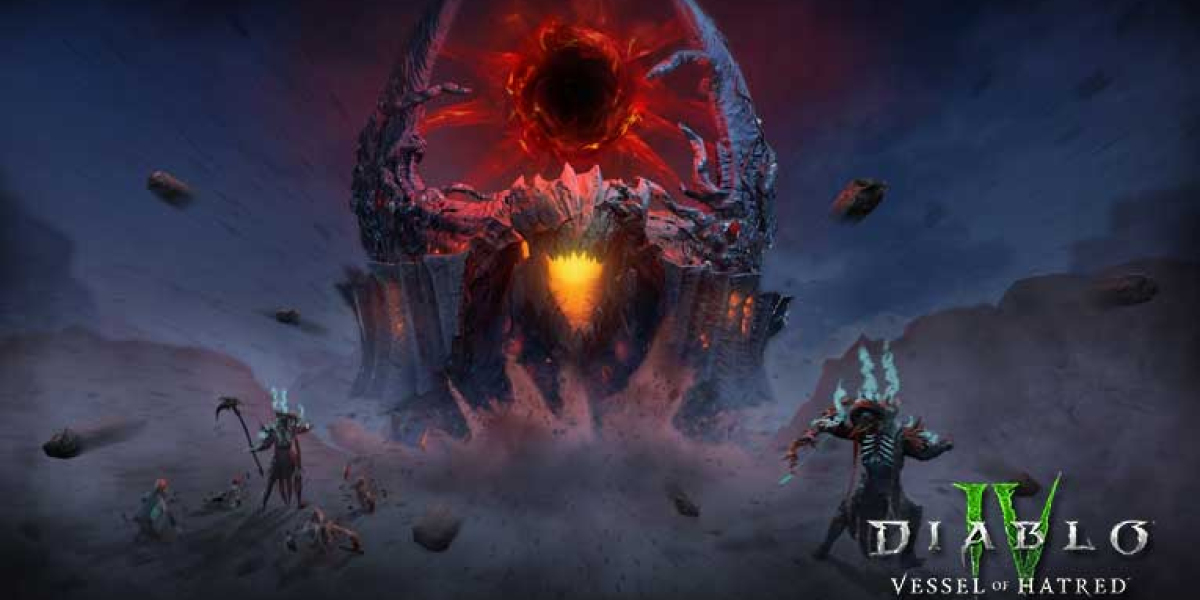Unraveling the Mystique: Discover the Hidden Meanings Behind Thor's Hammer Necklaces!
Thor's Hammer, known as Mjölnir, is a powerful symbol deeply rooted in Norse mythology, representing strength, protection, and the eternal conflict between order and chaos. Revered by the ancient Norse, it was not only a weapon wielded by the god Thor but also a talisman that safeguarded the people and their communities. In recent years, Thor's hammer necklaces have surged in popularity, capturing the imagination of many who seek to embody these qualities in their everyday lives. These necklaces have transcended their mythological origins, becoming fashionable statements that resonate with personal significance. As we delve into the rich history, profound symbolism, and diverse designs of Thor's hammer necklaces, we will uncover the layers of meaning that make them cherished pieces of jewelry today.

The Historical Context of Thor's Hammer
The origins of Mjölnir can be traced back to ancient Norse mythology. According to the myths, it was forged by the dwarven brothers Sindri and Brokkr, and it possessed the remarkable ability to return to Thor's hand after being thrown. This legendary weapon was not only a tool for battle but also a symbol of protection for the Norse gods and humans alike. Thor, the god of thunder, wielded Mjölnir to defend Asgard from giants and other threats, thus establishing himself as a defender of order. The hammer was also used in sacred rituals, including weddings and blessings, as it was believed to bring fertility and prosperity. Historical artifacts, such as the famous Mjölnir amulet discovered in Sweden, further attest to the hammer's significance in Viking culture, where it was worn as a protective charm. These artifacts highlight the deep-rooted belief in the hammer’s power, weaving it into the fabric of Norse society and its spiritual practices.
The Symbolism Behind Thor's Hammer Necklaces
Thor's hammer is imbued with various meanings that resonate with modern wearers. At its core, Mjölnir symbolizes strength and resilience, reminding individuals of their inner power in facing life's challenges. Many who wear Thor's hammer necklaces find comfort in the belief that they are protected from negative energies and misfortunes. These themes of protection and bravery have led to a resurgence of interest among individuals seeking spiritual significance in their jewelry. I remember a friend of mine who began wearing a Thor's hammer necklace during a particularly challenging time in her life. She shared how it served as a constant reminder of her strength and ability to overcome obstacles. This personal connection to the symbolism of the hammer illustrates how these necklaces resonate with those who seek empowerment and resilience, making them more than just a fashionable accessory.
Design Variations of Thor's Hammer Necklaces
The design of Thor's hammer necklaces is as varied as the stories surrounding the myth itself. Artisans often craft these necklaces from materials such as silver, stainless steel, and leather, each adding a unique character to the piece. The shapes of the pendants can range from intricate designs that mirror ancient Viking art to simpler, modern interpretations that appeal to contemporary tastes. Some necklaces feature engraved runes or symbols that further enhance their meaning. For instance, a friend of mine has a beautifully crafted silver Thor's hammer, adorned with Celtic patterns that connect to her heritage. The craftsmanship behind these designs not only reflects the symbolism of strength and protection but also pays homage to the rich history of the Norse culture. As wearers choose designs that resonate with them personally, these necklaces become unique expressions of identity and belief.
Modern Popularity and Cultural Impact
In recent years, there has been a remarkable resurgence of interest in Norse mythology, fueled by popular media, literature, and a growing fascination with ancient cultures. This trend has significantly influenced contemporary fashion and jewelry, with Thor's hammer necklaces emerging as a popular choice among various demographics. From young adults exploring their roots to individuals seeking to express their values of strength and resilience, these necklaces are often worn in diverse contexts—from casual outfits to more formal attire. Many wearers proudly display their Thor's hammer as a badge of honor, symbolizing their connection to the rich tapestry of Norse mythology. As more people embrace these symbols, the cultural impact of Thor's hammer necklaces continues to grow, bridging the gap between ancient traditions and modern expression.
Symbolism and Significance of Thor's Hammer Necklaces
Thor's hammer necklaces serve as powerful symbols steeped in history, meaning, and artistry. From their origins in Norse mythology to their contemporary significance, these necklaces encapsulate themes of strength, protection, and resilience. As we have explored, the design variations reflect not only the craftsmanship of the artisans but also the personal connections wearers have with these symbols. The enduring appeal of Thor's hammer necklaces speaks to our universal desire for empowerment and protection in an ever-changing world. Whether worn as a cultural statement or a personal talisman, these striking pieces of jewelry encourage us to appreciate the deeper meanings they embody.






